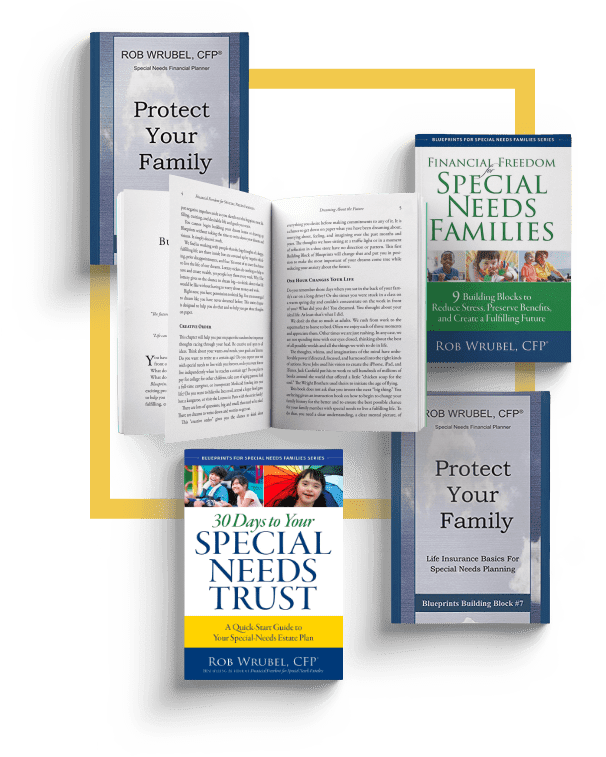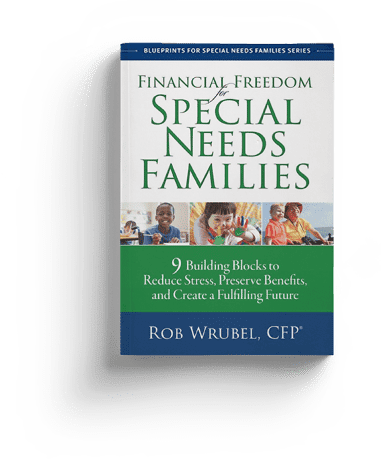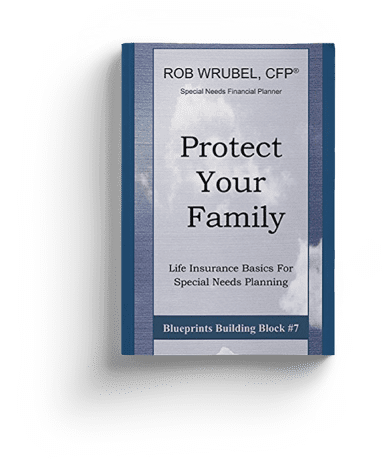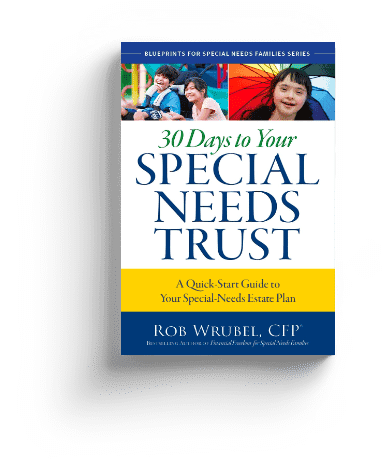Design Your Future
Can one hour change your life? Special needs planning starts when you make the decision to take action to improve your life. Many steps in planning are actually simple once you’ve set your heart and mind on living a better, happier and stress-free life. There are many people who can help you build financial security and protecting benefits through good estate planning but none of them can help until you’ve made the decision to move forward.
Life comes at families like ours too fast. It’s easy for months and years to go by without feeling like there’s been any progress in our goals. That feeling changes when you have outcomes in mind and when you’ve taken steps to achieve those outcomes.
We have appointments with doctors, therapists, school administrators and agencies in addition to everything else we do with our work and family lives. Creating a vision of what we want to happen helps us remember why we do what we do and can turn those appointments from drains to steps along the path towards achieving better outcomes.
















